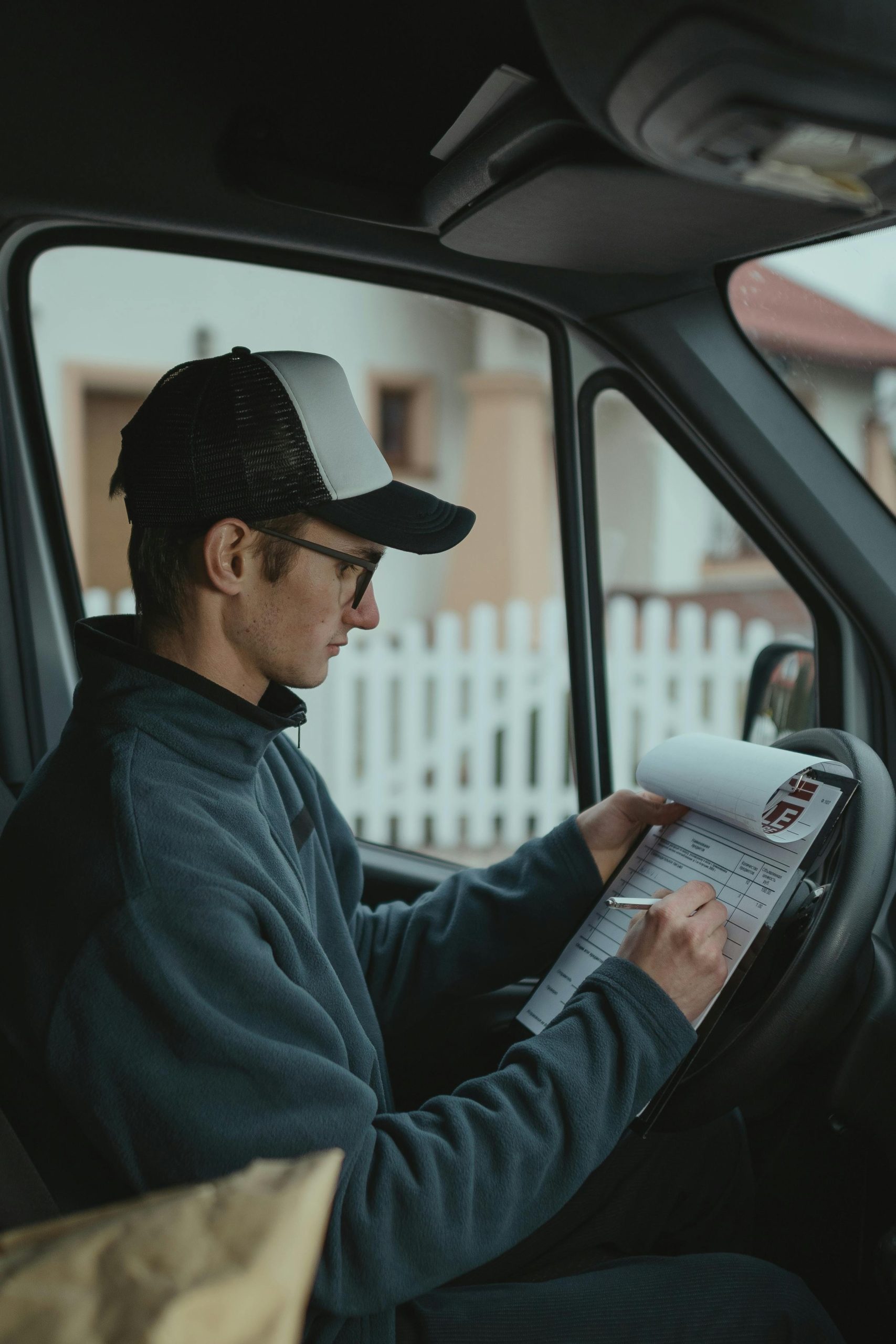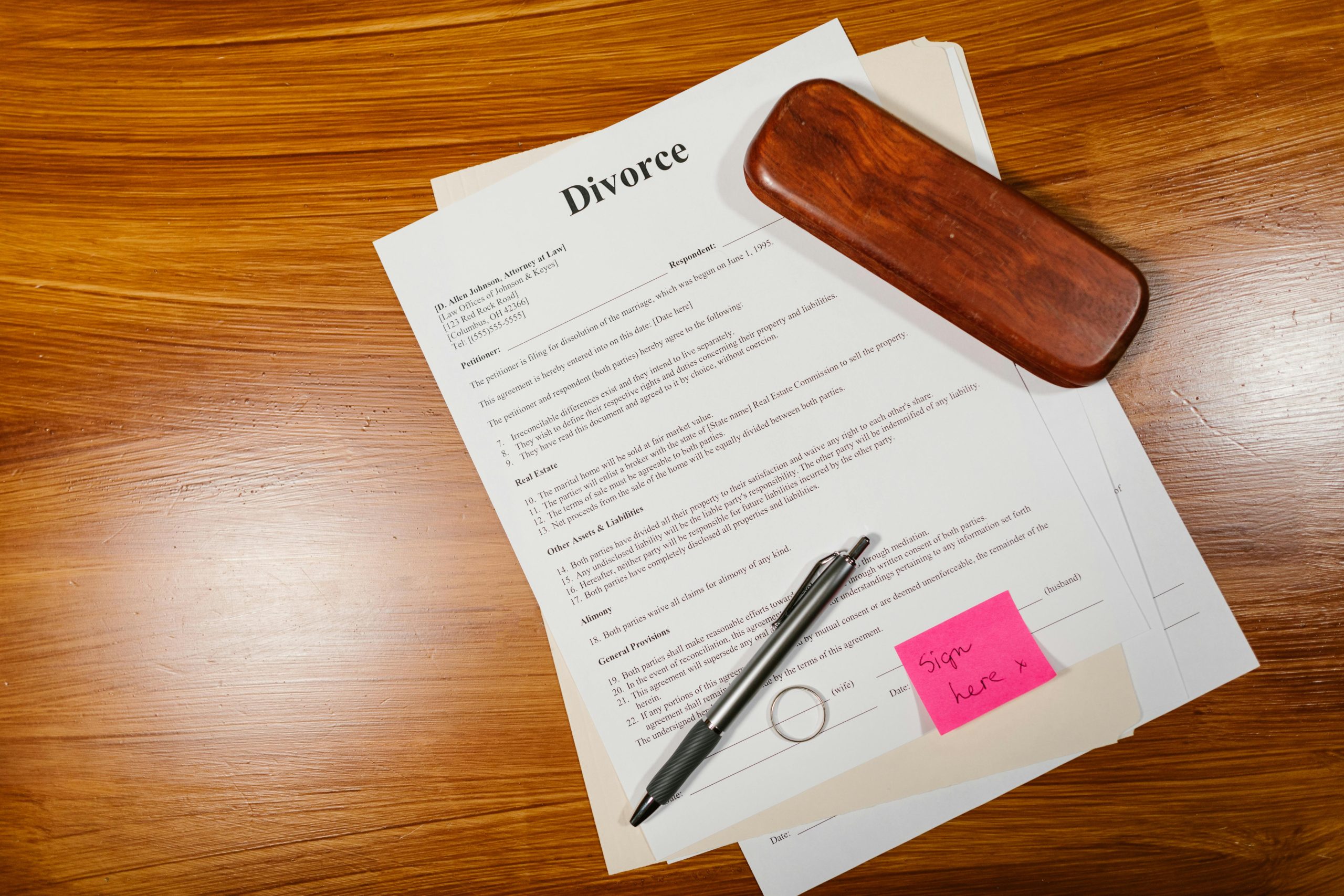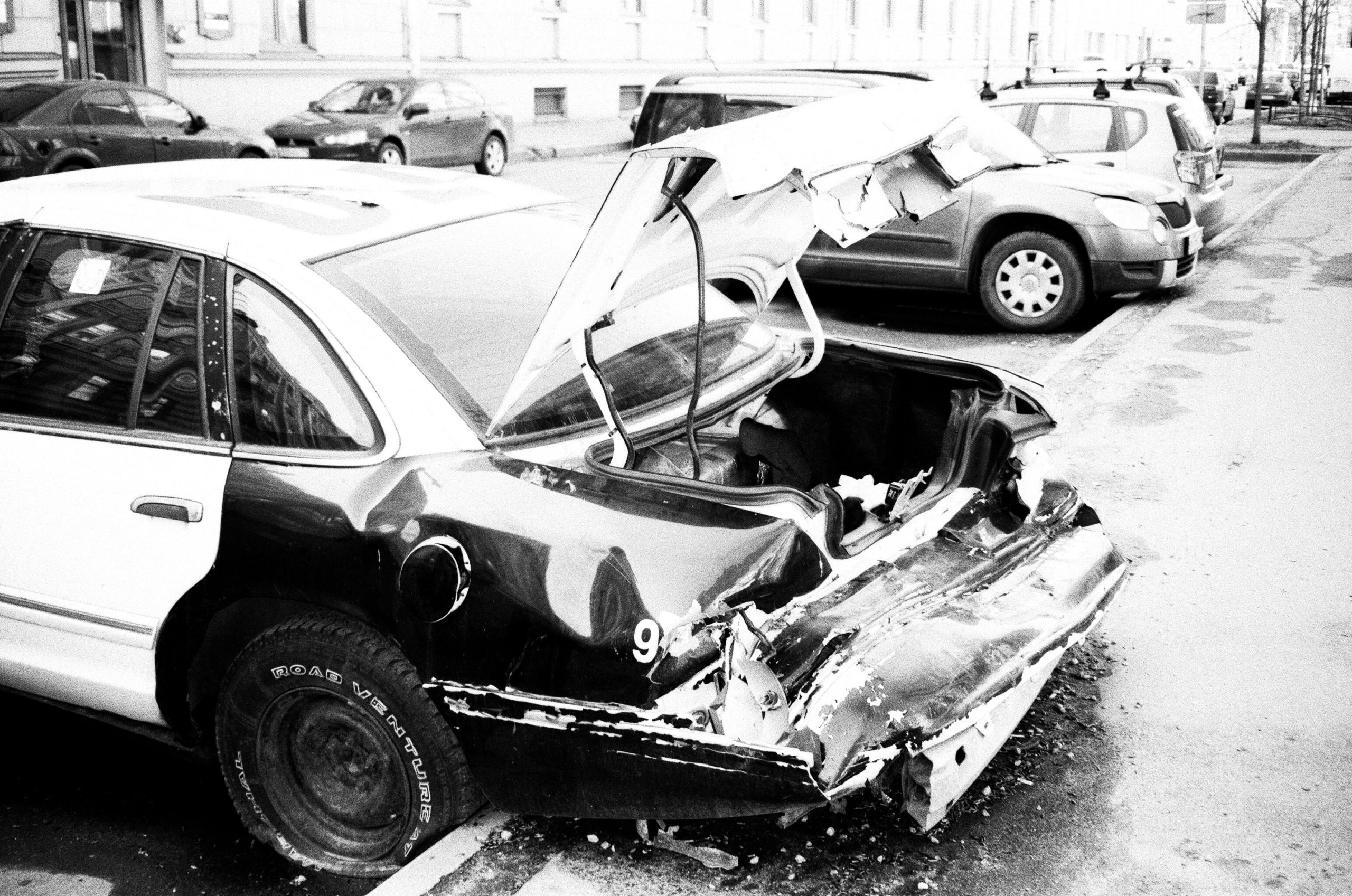What To Do If You’re Rear-Ended By an Uninsured, Unlicensed Driver: A Guide for Victims
Experiencing a car accident can be stressful, especially when the other driver is unlicensed and uninsured. Recently, I was involved in a rear-end collision with such a driver. Although the damage was minor—a scratched bumper—the situation raises important questions about how to handle the aftermath properly. Here’s a professional overview of steps you should consider and legal precautions to keep in mind if you find yourself in a similar situation.
Incident Summary
The incident occurred on a Saturday, where I was rear-ended by a vehicle driven by an unlicensed and uninsured individual. Fortunately, the contact was minor, resulting mainly in a scratched bumper. The driver lacked official identification and requested to settle the matter privately, bypassing insurance processes.
The Evidence and Documentation You Have
- Video footage capturing the collision, including license plate, driver, and passenger faces
- Photographs of the vehicle damage
- Contact details: phone number of the driver and photos of the passenger’s ID
Since local body shops are closed, obtaining an immediate repair estimate isn’t possible, but your insurance company is ready to assist once a quote is available.
Key Considerations and Questions
If you find yourself in a similar situation, here are crucial factors to keep in mind:
1. Filing a Claim and Settlement Timing
You might be thinking about waiting until you have a repair estimate to settle privately. However, it’s important to understand potential deadlines:
- Claim Submission Deadlines: Insurance policies typically stipulate a window—often within 30 days—to report an incident. While waiting until Monday to get an estimate is reasonable, inform your insurer about the accident as soon as possible, even if you’re considering private settlement. This helps protect your rights and ensures that you’re covered if issues arise later.
- Notifying Your Insurer: You can mention to GEICO that you’re exploring a private settlement without immediately submitting a claim. This approach can sometimes avoid initial claim triggers but verify with your insurer on the best protocol.
2. Collision Deductible Waiver for Uninsured Drivers
Certain policies include provisions for waiving your collision deductible if the other driver is uninsured or unidentifiable, but this varies by insurer and policy specifics:
- Check Your Policy: Contact GEICO to inquire about their uninsured motorist property damage coverage and whether it covers repairs without deductible payment in scenarios where the



